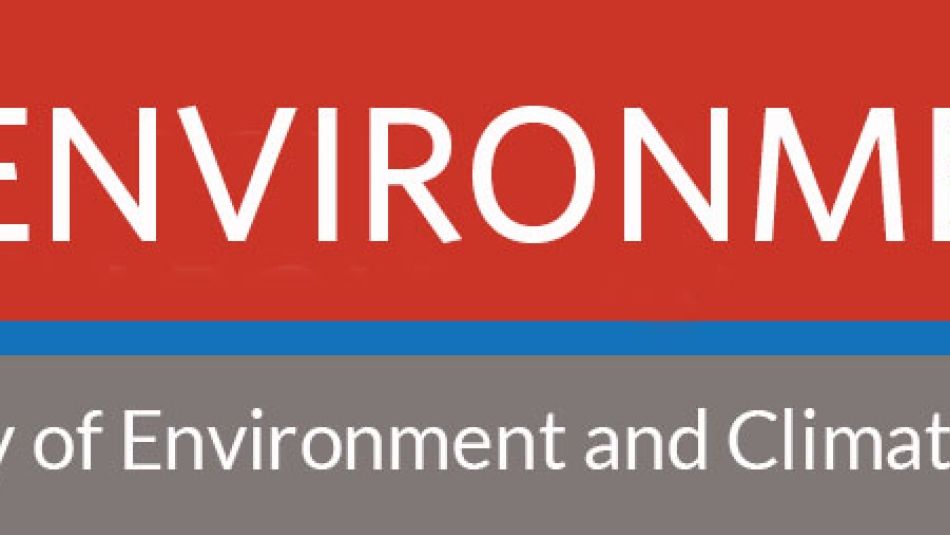
Unifor members are concentrated in key sectors of the economy representing a majority of greenhouse gas emissions in Canada, including oil extraction, upgrading and refining, natural gas processing and distribution, petrochemicals, automobile, truck and bus manufacturing, aerospace, mining, aluminium and pulp and paper. Many Unifor members also work in so-called “clean tech” sectors such as public transit, passenger rail, energy retrofits, retail, telecom and health care.
Unifor has strong core policies on a wide range of environmental, value-added economic development and energy sustainability issues. Unifor and its predecessor unions have intervened in several National Energy Board hearings to oppose major export bitumen pipelines on the basis that the development model these pipelines represented was at the expense of value added jobs in Canada, and contributed to an unsustainable pace of development in the oil sands. However, Unifor supported the Line 9 pipeline which provides crude oil to Quebec refineries. Unifor participates in the Climate Action Network, the Green Economy Network and the Blue Green Canada.
Unifor priorities
Canada must set ambitious targets for 2020 and 2025 to implement the Paris Agreement on climate change. Canadian labour strongly supports climate change action to limit global warming and we are prepared to work with government and employers on the transitions and transformations that will be necessary.
Climate change action will require massive investments in green job technologies, particularly in energy and transportation which are the largest sources of greenhouse gas emissions. Unifor urges government to prioritize energy infrastructure, transportation and automobile investments, and climate action programs such as energy retrofits to meet 2020 goals.
The investments and programs that are put in place must be accompanied by labour market assessments and research. Direct involvement of Unifor and the labour movement is needed to ensure that jobs are protected and that appropriate training and skills development for the existing work force are used to drive the process.
Some workers and industries will be directly affected by carbon pricing and by reducing the use of fossil fuels. In these cases a “just transition” is necessary to ensure that workers do not disproportionately bear the burden of change.
Unifor proposes the creation of stakeholder tables including labour at the federal level and in each province to address labour market, training and just transition measures in the design and program development of climate action plans.
Specific issues and recommendations
Just Transition
The principle of Just Transition for workers affected by climate change action policies was recognized in the Paris Agreement. Minister McKenna and Canada’s negotiators strongly supported this policy and took a leading role in ensuring that just transition remained in the Agreement. Just Transition was also recognized in the recent Report to the Alberta Government by the Panel on Climate Change. That report provides valuable policy guidance in its section “The Labour Context,” including:
- Early identification of workforce impacts related to energy transition, and early preparation of planning, training and transition program options.
- Revenue from carbon pricing be invested in ensuring that transitions for workers and communities are appropriately managed through training and matching displaced workers with new opportunities.
- New employment opportunities in low carbon energy and infrastructure can represent a much-needed contribution to economic diversification, but will require training investments. In order to prepare for these investments, governments must undertake a detailed study of potential labour market impacts at the community level, and assess the degree to which different transition strategies may apply.
- Just transition programs need to be tailored to the circumstances of workers and their communities, and their selection, design and implementation will require participation of all those involved. Workers, unions, communities and firms will need to be engaged by government to develop specific programs that can include skills development and training, income support and relocation assistance, as well as working with the federal government on pension bridging and benefits programs for displaced workers.
Clean technology investments
The 2015 Liberal election platform acknowledged the importance of investing in clean technology producers and supporting the use of clean technologies in our natural resource sectors. These investments can be a valuable part of the government’s policy in facilitating a just transition for workers and industries affected by climate change policy.
- Unifor recommends that the government fulfil its election campaign promise to invest $100 million each annually in clean technology producers and $200 million more each year to support innovation and the use of clean technologies in our natural resource sectors – and to ensure that these investments support just transition programs for workers.
To download a fact sheet about Unifor's priorities regarding the environment (PDF) click the link below:


